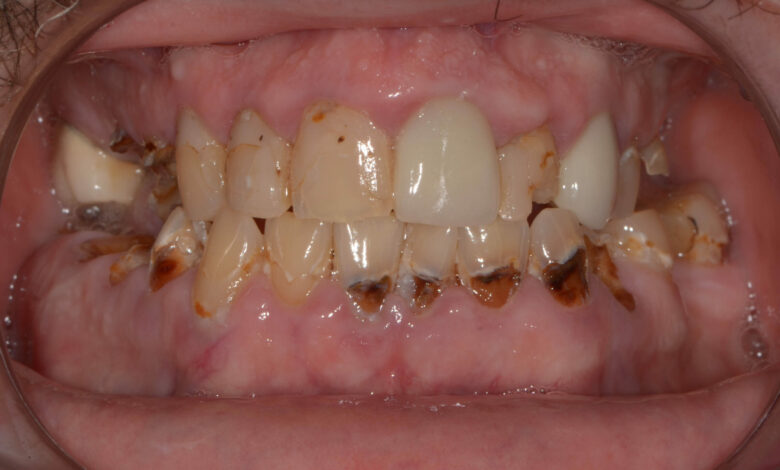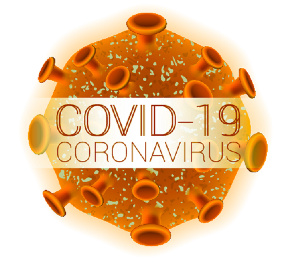The Effects of Putting Artificial Teeth: Benefits, challenges, and considerations

Artificial teeth—commonly referred to as dental prosthetics—are used to replace missing or damaged natural teeth. They come in various forms, including dentures, bridges, crowns, and dental implants. The decision to use artificial teeth can have profound effects on a person’s oral health, appearance, speech, and overall quality of life. Below is an overview of the effects, both positive and negative, of putting artificial teeth.
Positive Effects of Artificial Teeth
1. Restored Functionality
One of the primary benefits of artificial teeth is the restoration of basic oral functions. People who have lost teeth often struggle with chewing and speaking. Artificial teeth help in:
-
Chewing efficiency: Implants and dentures restore the ability to eat a wide range of foods.
-
Clear speech: Missing teeth, especially in the front, can affect pronunciation. Artificial replacements help in clearer speech patterns.
2. Improved Aesthetics and Confidence
Artificial teeth are designed to resemble natural teeth in shape and color. This greatly improves a person’s appearance, especially when front teeth are involved. Many patients report:
-
Enhanced self-esteem
-
Greater willingness to smile and engage socially
-
Better facial symmetry and reduced sagging
3. Preservation of Jawbone and Oral Structures
Dental implants, in particular, help prevent bone loss. When a tooth is lost, the jawbone beneath it can shrink over time due to lack of stimulation. Implants act like natural roots, stimulating the bone and maintaining its structure.
4. Long-Term Oral Health
Replacing missing teeth can prevent other teeth from shifting out of place, which helps maintain proper alignment and bite. This reduces the risk of developing further dental problems such as:
-
Tooth decay
-
Gum disease
-
Jaw joint issues (TMJ)
Challenges and Potential Downsides
1. Initial Discomfort and Adjustment Period
It often takes time to get used to artificial teeth, especially removable dentures. Common issues during this period include:
-
Soreness or irritation
-
Difficulty chewing or speaking clearly
-
Increased salivation
2. Cost and Accessibility
High-quality dental implants and prosthetics can be expensive, and not all insurance plans cover them. Additionally, implants require sufficient bone density and healthy gums, which may not be present in all patients.
3. Maintenance Requirements
Artificial teeth, while durable, require regular cleaning and maintenance. Poor hygiene can lead to infections, bad breath, or even failure of the dental prosthetic. For example:
-
Dentures must be cleaned and removed daily.
-
Implants need consistent brushing, flossing, and dental check-ups.
4. Potential Complications
Like any medical procedure, there are risks. For dental implants, these include:
-
Infection at the implant site
-
Implant rejection or failure
-
Nerve damage
-
Sinus issues (if upper implants are placed too close to the sinus cavity)
Who Should Consider Artificial Teeth?
Artificial teeth are typically recommended for individuals who have:
-
Lost one or more teeth due to decay, injury, or gum disease
-
Functional issues like difficulty chewing or speaking
-
A desire for improved appearance and facial structure
A thorough dental examination, including X-rays and possibly 3D imaging, is usually needed to determine the most suitable type of prosthetic.
The decision to get artificial teeth can be life-changing. For many, it restores function, improves appearance, and boosts confidence. However, like any dental intervention, it comes with challenges that require careful consideration, proper care, and professional guidance. Working closely with a qualified dentist can ensure that the benefits far outweigh the drawbacks, leading to improved long-term oral health and quality of life.
Source: Thepressradio.com| Solomon Ogyem





